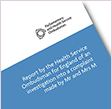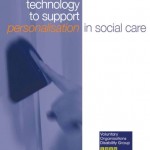
This USA based meta-analysis looked at the association between parenting and outcomes for children with developmental disabilities. The authors point out that despite there being an extensive literature supporting the positive relationship between positive parenting and child outcomes for typically developing children, there has been little work to analyse the literature specific to children with [read the full story…]








